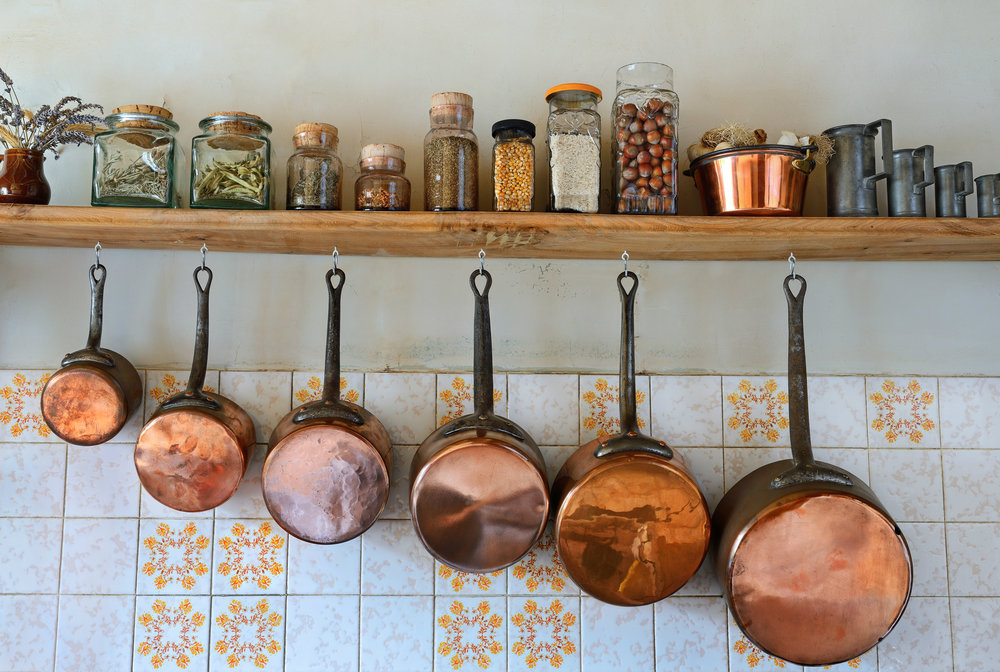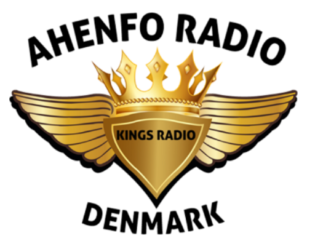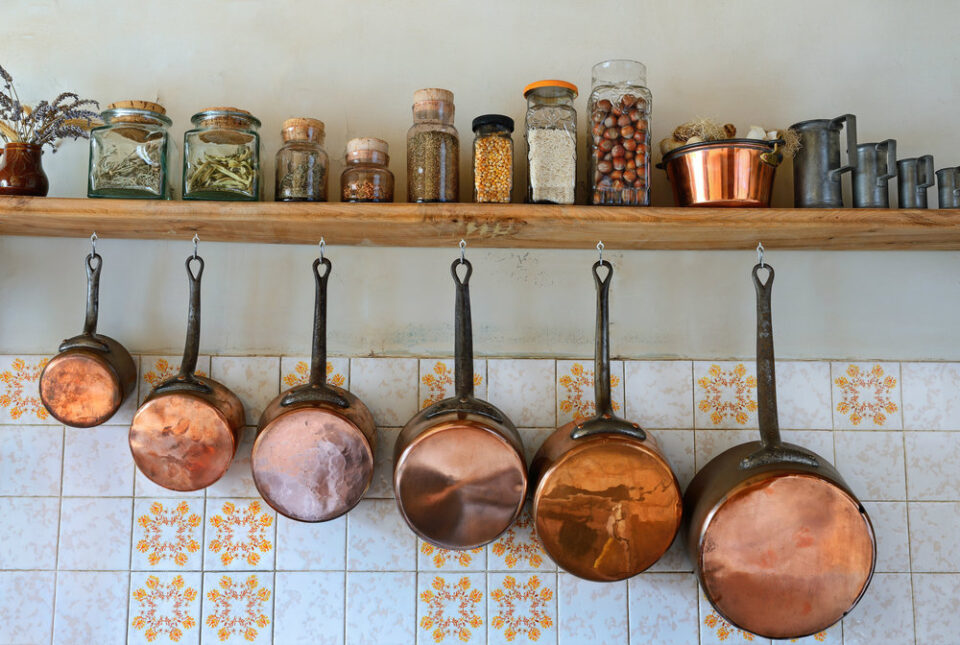
1. Træls
Starting with a classic, træls is a multipurpose word that is heard all over Jutland, but possibly has its roots in the north.
Meaning: inconvenient, annoying, a nuisance
2. Mølle
It might mean ‘mill’ everywhere else in the country, but on Funen, ‘mølle’ is a synonym for ‘numse’, or bottom.
3. Klotte
Most frequently heard on southern island Langeland and also on Funen, the verb ‘at klotte’ means to mess something up or be clumsy with something.
4. Bette
An affectionate diminutive term used in most parts of Jutland. Can be applied to both people and things, for example: ‘Vil du have en bette mad?‘ means ‘Would you like a little something to eat?’, while ‘Han er bare en bette dreng‘ means ‘He’s just a little boy’
5. Mojn
An almost ubiquitous greeting in South Jutland, and interestingly also in the northern German province of Schleswig-Holstein and even in Hamburg.
It can be interchanged with the way ‘hej’ is used in other parts of Denmark, which means you can say ‘mojn’ for ‘hello and ‘mojn mojn’ for goodbye.
6. Jylkat
Jylkat is a word native to Bornholm, the Danish island in the Baltic Sea between Sweden and Poland. It means hedgehog, but the second half of the word (-kat) actually means cat, giving this word a hint of animal humour.
7. Snupdug
This Jutland word, means tissue, can be broken down into the verb ‘at snuppe’ (to grab or grasp) and ‘dug’, which can mean both ‘dew’ or ‘tablecloth’. We’re unsure which of the two gives’ snupdug its etymological roots.
8. Sule
We love this verb, which is of Funen (Funensk?) origin and means ‘to be washed in the face with snow’.
9. Bom
Bom, pronounced with extra emphasis on the ‘o’ means candy, liquorice, wine gums – it’s a bit of a catch-all for sweet-toothed South Jutlanders.
10. Pot
Pot should be an easy one to remember for English speakers: it means ‘pot’ (the kitchen utensil). The standard Danish word is gryde.
by: thelocal.dk



